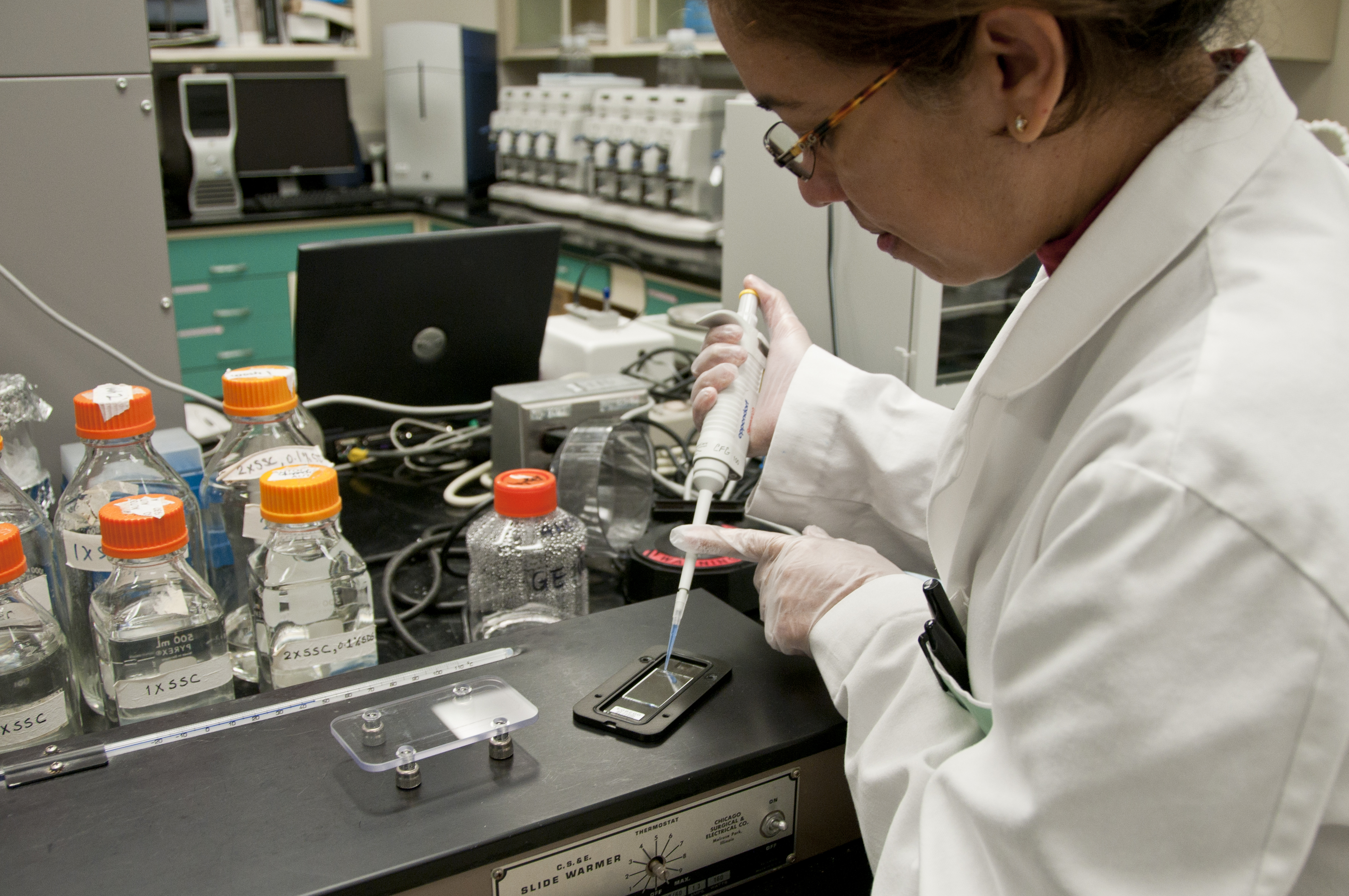
Bacterial Toxin‐Responsive Biomimetic Nanobubbles for Precision Photodynamic Therapy against Bacterial Infections
Sign Up to like & getrecommendations! Published in 2022 at "Advanced Healthcare Materials"
DOI: 10.1002/adhm.202200698
Abstract: With few options available for the effective treatment of multidrug‐resistant bacteria, photodynamic therapy (PDT) has emerged as a promising therapeutic strategy that does not promote the development of antibiotic resistance. Unfortunately, the beneficial bactericidal effect… read more here.
Keywords: responsive biomimetic; toxin; photodynamic therapy; biomimetic nanobubbles ... See more keywords

High yield purification and first structural characterization of the full‐length bacterial toxin CNF1
Sign Up to like & getrecommendations! Published in 2018 at "Biotechnology Progress"
DOI: 10.1002/btpr.2574
Abstract: The Cytotoxic Necrotizing Factor 1 (CNF1) is a bacterial toxin secreted by certain Escherichia coli strains causing severe pathologies, making it a protein of pivotal interest in toxicology. In parallel, the CNF1 capability to influence… read more here.
Keywords: protein; full length; bacterial toxin; toxin ... See more keywords

Application of the biotin-labeled toxin mutant for affinity isolation of associated proteins in the mammalian cells.
Sign Up to like & getrecommendations! Published in 2018 at "Journal of bioscience and bioengineering"
DOI: 10.1016/j.jbiosc.2017.12.002
Abstract: Cholera toxin (CT), one of the AB5 bacterial toxin families, is produced by Vibrio cholerae, breeches the intestinal epithelial barrier and enters host epithelial cells to cause the massive secretory diarrhea. This study focused on… read more here.
Keywords: retro translocation; biotin; bacterial toxin; toxin ... See more keywords

The bacterial toxin ExoU requires a host trafficking chaperone for transportation and to induce necrosis
Sign Up to like & getrecommendations! Published in 2021 at "Nature Communications"
DOI: 10.1038/s41467-021-24337-9
Abstract: Pseudomonas aeruginosa can cause nosocomial infections, especially in ventilated or cystic fibrosis patients. Highly pathogenic isolates express the phospholipase ExoU, an effector of the type III secretion system that acts on plasma membrane lipids, causing… read more here.
Keywords: requires host; exou; bacterial toxin; exou requires ... See more keywords

Bacterial Toxin and Effector Regulation of Intestinal Immune Signaling
Sign Up to like & getrecommendations! Published in 2022 at "Frontiers in Cell and Developmental Biology"
DOI: 10.3389/fcell.2022.837691
Abstract: The host immune response is highly effective to detect and clear infecting bacterial pathogens. Given the elaborate surveillance systems of the host, it is evident that in order to productively infect a host, the bacteria… read more here.
Keywords: intestinal immune; regulation intestinal; infection; toxin effector ... See more keywords

Teneurin Structure: Splice Variants of a Bacterial Toxin Homolog Specifies Synaptic Connections
Sign Up to like & getrecommendations! Published in 2019 at "Frontiers in Neuroscience"
DOI: 10.3389/fnins.2019.00838
Abstract: Teneurins are a conserved family of cell-surface adhesion molecules that mediate cellular communication, and play key roles in embryonic and neural development. Their mechanisms of action remained unclear due in part to their unknown structures.… read more here.
Keywords: structure splice; teneurin structure; bacterial toxin; splice variants ... See more keywords

Colibactin: More Than a New Bacterial Toxin
Sign Up to like & getrecommendations! Published in 2018 at "Toxins"
DOI: 10.3390/toxins10040151
Abstract: Cyclomodulins are bacterial toxins that interfere with the eukaryotic cell cycle. A new cyclomodulin called colibactin, which is synthetized by the pks genomic island, was discovered in 2006. Despite many efforts, colibactin has not yet… read more here.
Keywords: bacterial toxin; pks island; new bacterial; island ... See more keywords

From Bacterial Toxin to Therapeutic Agent: The Unexpected Fate of Mycolactone
Sign Up to like & getrecommendations! Published in 2023 at "Toxins"
DOI: 10.3390/toxins15060369
Abstract: “Recognizing a surprising fact is the first step towards discovery.” This famous quote from Louis Pasteur is particularly appropriate to describe what led us to study mycolactone, a lipid toxin produced by the human pathogen… read more here.
Keywords: toxin therapeutic; toxin; therapeutic agent; mycolactone ... See more keywords

A Bacterial Toxin with Analgesic Properties: Hyperpolarization of DRG Neurons by Mycolactone
Sign Up to like & getrecommendations! Published in 2017 at "Toxins"
DOI: 10.3390/toxins9070227
Abstract: Mycolactone, a polyketide molecule produced by Mycobacterium ulcerans, is the etiological agent of Buruli ulcer. This lipid toxin is endowed with pleiotropic effects, presents cytotoxic effects at high doses, and notably plays a pivotal role… read more here.
Keywords: mycolactone; bacterial toxin; drg neurons; toxin analgesic ... See more keywords